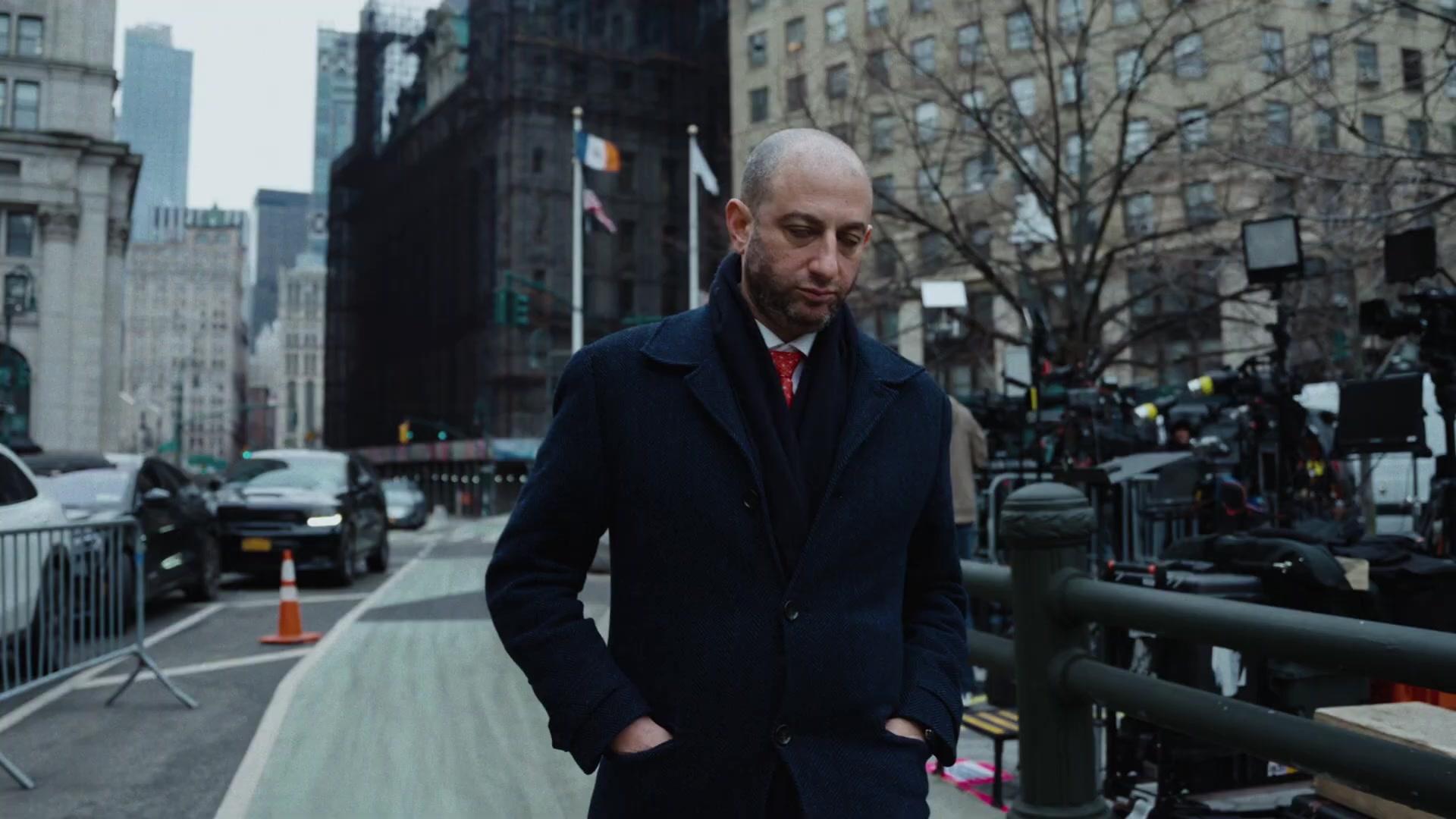DEA Registration Disciplinary Action
In recent years, multiple agencies have cracked down on health care providers that exist for the purpose of writing and filling prescriptions for controlled substances. Disciplinary action taken against pain management physicians and clinics has been swift and severe. This includes pharmacies used to fill prescriptions written under the same premise.Discipline and Legal Proceedings
Discipline typically involves shutting down the facility and arresting those involved, including physicians and staff. There are even some instances where patients have been arrested. The charges for the offenses associated with DEA registration disciplinary action generally relates to various criminal offences. The legal proceedings can be either state or federal, depending on the circumstances.Multi-Agency Task Force Operations
The reason why so many facilities are shut down during the same timeframe is because the multiple agencies involved often form a taskforce that conducts raids in a particular area. There are some instances in which search and seizure raids are disguised as city inspections. Agencies involved may include:- Local police department
- Drug Enforcement Administration (DEA)
- Department of Health
- Attorney General's Office
15,000+
Federal Cases Filed Annually
90%
Plea Before Trial
Pre-Raid Investigations
By the time there are search and seizure raids, it's likely that an investigation has taken place in advance and was performed by either the DEA or the state licensing authority. There's a possibility that both entities will get involved. The reason why an investigation usually takes place is because complaints have been lodged. Sometimes complaints are made by people in the community, but they might also be made by pharmaceutical manufacturers, family members of patients or even competitors. The source of complaints are often wide-ranging.Pharmaceutical Tracking and Reporting
It's important to understand that pharmaceutical manufacturers track the narcotics they sell, which means they have information regarding the buyer and the quantities sold for each purchase. This is especially true when it comes to the sale of certain medications and narcotics, such as:- Xanax
- Hydrocodone
- Oxycodone
- Roxycodone
- Percocet
Consequences of Raids and Seizures
When a raid takes place or similar events occur, it can result in the suspension of DEA registrations. Suspension of a DEA registration number means controlled substances and narcotics are no longer allowed on the premises. Subsequently, the DEA will seize everything not permitted without a DEA registration. There's also a good chance that a cease and desist order will be issued. This is in addition to the multiple arrests that will likely take place as aforementioned. There have been some instances where the custody of controlled substances was given to another licensee with a DEA registration number.Financial Impact and Medication Seizure

Defense Team Spotlight
Todd Spodek
Lead Attorney & Founder
Featured on Netflix’s “Inventing Anna,” Todd brings decades of experience defending clients in complex criminal cases.
Critical Legal Advice: Do Not Voluntarily Relinquish Your Registration
DEA agents, investigators from the Department of Health, and possibility other parties involved will likely request that you voluntarily relinquish your DEA registration and number. This is just one example of why it's important to have legal counsel onsite immediately. Voluntarily giving up your DEA registration and number is something that should not happen. There is a lot at stake and you'll want to make sure you have qualified legal representation available to guide you through the process.Frequently Asked Questions
No. You have the right to remain silent and the right to an attorney. Invoke both rights immediately and contact Spodek Law Group.
Every case is different. We offer free initial consultations to evaluate your case and discuss our fee structure.
An arraignment is your first court appearance where charges are formally read. You enter a plea and bail may be set. Having an attorney present is critical.








